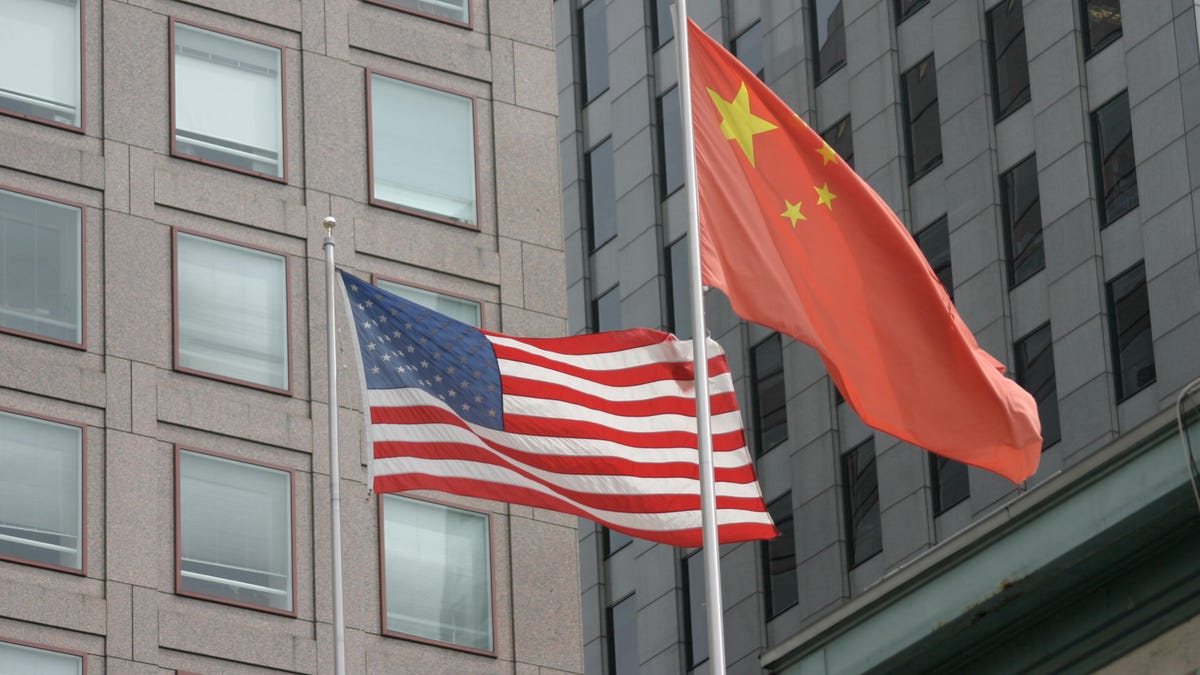White House Cracks Down on Chip Sales to China, but Some Companies Are Exempt
Intel highlighted its exemption, and Samsung was reportedly granted one as well.

The Biden administration put new limits on computer chip exports to China.
The Biden administration last week announced limits on exporting semiconductor technology to China. The restrictions from the US Commerce Department's Bureau of Industry and Security are meant to slow the progress of Chinese military programs.
Intel has been granted an exemption, it said Tuesday.
On Tuesday, October 11, Intel received a one-year authorization from the U.S. Department of Commerce to continue its current NAND memory chip operations in Dalian, China.
— Intel News (@intelnews) October 12, 2022
"On Tuesday, October 11, Intel received a one-year authorization from the U.S. Department of Commerce to continue its current NAND memory chip operations in Dalian, China," the US company wrote.
South Korea's Samsung, SK Hynix, and Taiwan Semiconductor Manufacturing Co., which operates facilities in China, have received exemptions as well, the Wall Street Journal reported on Thursday. None of the three immediately responded to CNET requests for comment.
Outside the exemptions, companies will need a special license to sell computing chips and chipmaking equipment to China. The limits specifically target graphics processing units used to power artificial intelligence applications, as previously noted by The New York Times.
"The People's Republic of China has poured resources into developing supercomputing capabilities and seeks to become a world leader in artificial intelligence by 2030," Assistant Secretary of Commerce for Export Administration Thea D. Rozman Kendler said in a release. "It is using these capabilities to monitor, track and surveil their own citizens, and fuel its military modernization."
Read also: Global Chip Shortage and $53B Subsidy Boosts US Manufacturing

